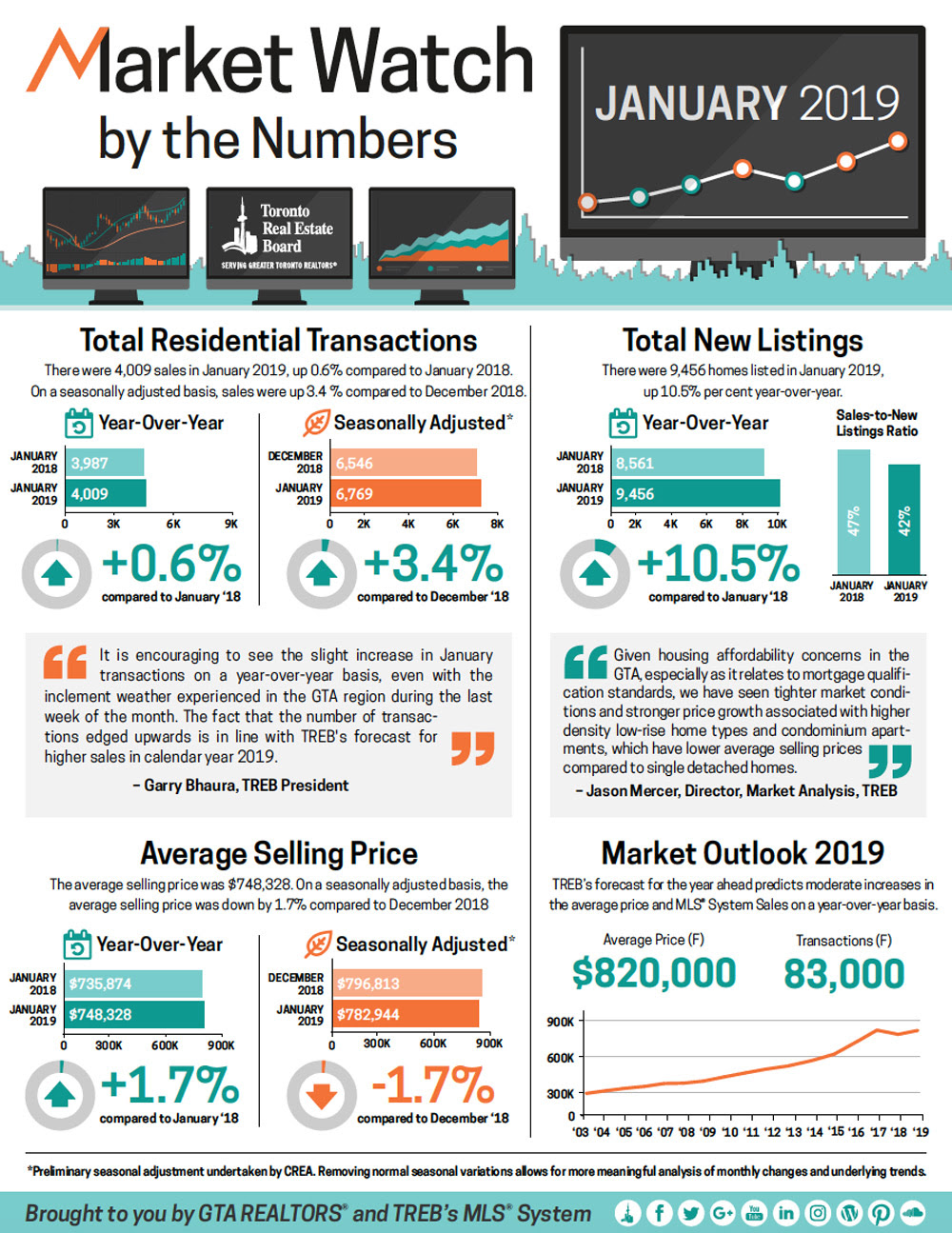Toronto real estate board posted it’s monthly statistics (attached) for real estate transactions for the month of September on October 3, 2012 and it’s in line with what we saw in August 2012 with number of transactions lower and prices keep climbing. We also saw the same stats repeated in new construction for August 2012 where the number of transactions were lowest in the past 13 years. The question is… What does this mean for you?
In the coming month, we will see couple of strong indicators. The prices will keep rising for another month or two before we will see a correction. This is similar to what we saw in 2008. What isn’t clear now is what will happen after that!
In 2008, we saw the prices drop and the government intervened and dropped their interest rates to the lowest ever. This resulted in a stimulated economy. Couple that with the introduction of HST resulted in the perfect storm and highest price and transaction records were set. We fared the storm very well! While our neighbors to the south were suffering with sub-prime mortgage, investors from all around the world saw Canada specifically Toronto and Vancouver as a safe haven for their money. We had record construction starts and sales in the pre-construction sector and resale saw great level of appreciation.
As we run down 2012 and into 2013, we will see a drop in prices and it could lead us to two scenarios.
Since we still have sound economical fundamentals, buyers will see the price drop as an opportunity to take advantage and start purchasing. The interest rates are still low and lower prices mean an incentive for buyers to invest. The government has made it clear that they won’t be dropping the interest rates any further but the banks might start discounting their rates which have been climbing for the past year. This, by no means, will be the start of another escalation rather will be a more balanced market. We will still see appreciation but it will be much lower than before. The pricing correction will take couple of years to recover.
Second scenario would be that consumer confidence run low and we see a prolonged delay in buyers entering the market place. This would result in a further drop in prices. This would be a very strong possibility if the number of jobs in the construction industry are lost due to slowed releases and startup. The current workforce will be kept employed till late 2014 if all projects keep on track but due to lost demand, some will start going on hold putting an upward pressure on unemployment. This scenario could mean that we will slip into a recession whereby our economy would retract putting downward pressure on pricing and coupled with lower demand will create a very competitive market for sellers looking to transact their properties.
What does this mean for you?
If you own a property and are planning on being there for the next three to five years, this will all wash away by then. I would recommend that you review your mortgage details to make sure you are able to get the best rate. If your mortgage renewal is coming up in the next year to two years, get in touch with your mortgage broker and get on their rate alert email. We could be seeing a rate reduction, as I mentioned earlier, which you should take advantage of and lock into it.
If you’re looking to sell a property in the near future, you would have to make sure your property pricing is aggressive. In a declining market, the historical prices are no longer valid and you have to price your property ahead of the market rather than chasing it down. The increased number of listings will result in buyer’s having a lot more choice so properties that are priced well and show well will sell faster than others. Investment into cosmetic repairs such as painting, kitchens, washrooms would be required to help entice buyers to make offer on your property.
Another option to hold onto your property is to rent it out. In a downward market, we see sellers who aren’t able to hold on to their properties and start looking for rental units hence increasing the rental pool which puts an upward pressure on rental prices and downward pressure on vacancies. We also see a rise in number of conflicts that start coming about between tenants and landlords. So, if you exercise this option, make sure you have the following:
Conduct detailed due diligence on your perspective tenants
Have a proper lease agreement in place which is in line with the residential tenancies act.
Education yourself about the rules and regulations at http://www.ltb.gov.on.ca/en/Law/STEL02_111323.html
If you are looking to make a purchase in the near future, I would keep a keen eye on what the market is doing. If you are going to be selling your property and purchasing your next one, then get your property ready to sell it earlier in the cycle than later. This all depends on what your circumstances are and might warrant a one on one meeting to discuss your options. Don’t hesitate to contact me to setup a no obligation meeting to discuss your options further. If you’re renting, keep up with your rental and start looking at areas that you would like to be in. The sellers will try to hold off on price reduction for the first couple of months and this is the time to educate yourself on the market. Keep up with market research and see if there are any hints the prices will be coming down. Real estate is very micro in nature and different areas will weather the market price adjustment differently.
You can get on a email alert for new properties which will also provide you with alert on any price adjustments on listings. Use this to your advantage and find good areas where good deals are coming. In an adjusted market, it’s not uncommon for good properties to sell quick so don’t wait for later. If you find something you like, get on the ball to go see it and make an offer.
The market has been driven by greed over the past couple of years and now we will see fear in investing. Properties that have positive cash flow have nothing to worry about. If you’re investing in a property that has positive cash flow, ask for better pricing and carry on! You can generate better returns than before and remain secure with purchases in real estate.
Hope this provides an overview and a strategy on how to go about this new reality of today’s market. If you have any questions or would like to discuss this in further details, please feel free to contact me at any of the numbers listed below.
 Torontonian Online Running in the fast lane! Real estate and more…
Torontonian Online Running in the fast lane! Real estate and more…





One comment
Pingback: The mortgage process in a buyer's market - TorontonianOnline.com